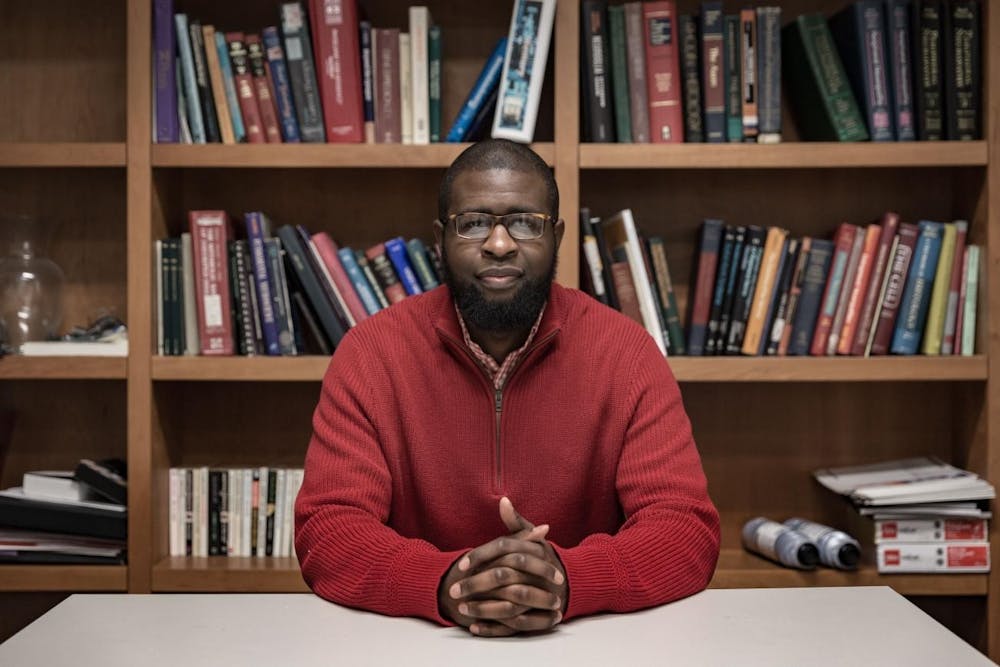Penn professor and researcher Ishmail Abdus-Saboor won the Rita Allen Foundation Award in Pain for his pioneering work in the neurological science of pain.
Abdus-Saboor, the Mitchell J. and Margo K. Blutt Presidential Assistant Professor of Biology, will receive grants of $50,000 annually for up to three years to fund his pain research.
The primary focus of Abdus-Saboor's lab is how rodents perceive touch, discomfort, and pain. The Abdus-Saboor Lab is attempting to identify and describe an underlying genetic predictor of pain perception. The goal of the research is to create a clear understanding of how genetics can affect how different people perceive pain which affects their susceptibility to chronic pain development.
The Rita Allen Foundation funds a number of researchers each year through its Rita Allen Scholars grants. The foundation has contributed millions of dollars in grant funding to researchers in the fields of immunology, neuroscience, and cancer research, and annually awards the Award in Pain which Abdus-Saboor won this year along with three other researchers.
Abdus-Saboor, though primarily a researcher, has previously taught BIOL 221: Molecular Biology and Genetics. Abdus-Saboor joined the faculty at Penn in 2018 with the start of his lab, but has roots at the University and the surrounding area.
A Philadelphia native, Abdus-Saboor earned his bachelor's degree in Animal Science from North Carolina A&T University in 2006. He participated in the Summer Undergraduate Internship Program at Penn in 2005, which inspired him to devote his career to biomedical research.
In 2012, he earned his Ph.D. in Cell and Molecular Biology at Penn under the mentorship of Professor of Genetics Meera V. Sundaram. Abdus-Saboor completed neuroscience fellowships at Weill Cornell Medicine and Penn before launching his lab in 2018.
Abdus-Saboor declined to give an interview to The Daily Pennsylvanian.
RELATED:
Penn lab and startup awarded $667,000 NIH grant to improve COVID-19 antibody testing
Two Penn professors receive $200,000 Carnegie Fellowship for media research
In his lab, Abdus-Saboor works with research associates and lab technicians and advises both graduate and undergraduate students.
Melanie Schaffler, a Perelman School of Medicine fourth-year neuroscience Ph.D. student, has worked in the Abdus-Saboor Lab since its conception. As a graduate student, Schaffler conducts experiments on rodent somatic sensations, particularly the sense of touch. She praised Abdus-Saboor's role as a mentor in her graduate studies.
“He’s a really good advisor and mentor and human," Schaffler said.
College junior Samuel Kaufmann said he has also had a positive experience as an undergraduate student working in Abdus-Saboor’s lab.
“He has managed to instill a really positive work culture in the lab,” Kaufmann said. He added that Abdus-Saboor’s awareness of the demographic disparities in professional development has led him to become a strong self-promoter as well as a role model for others.
Abdus-Saboor has received several awards for his pain research in addition to the Rita Allen Foundation grant. In 2018, he received the Mitchell Max Award for Research Excellence from the National Institute of Health Pain Consortium.









